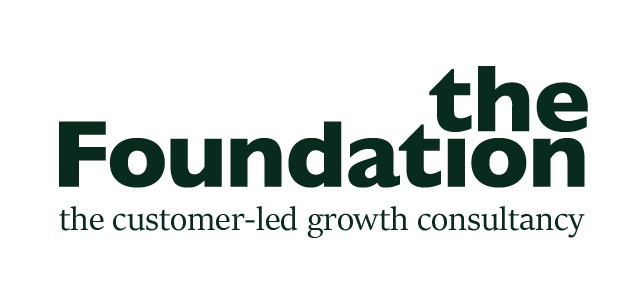What can Covid teach us about tackling the climate crisis?
Our Consultant Holly Marsh discusses the impact of Covid and the lessons it’s taught us about how we might tackle the climate crisis
As the world winds down its pandemic restrictions and we commemorate two years since the first UK lockdown, this seems like a good time to reflect on what we've learned over those two years, and look at how we might apply these lessons to the next big crisis of our time: the climate crisis.
In the spring of 2020, we conducted a research panel, interacting with a diverse group of people over 4 weeks to get a real sense of how they were experiencing lockdown. What emerged were some fascinating insights about how people responded to rapid change, what customers expected from businesses, and their reactions to the political intrusion into their everyday lives.
Many of the things we learned about how people act in times of crisis, as well as their expectations of businesses and brands, can be applied to public behaviour in the context of the climate crisis.
1. We need clarity and relatability to motivate behaviour change
Throughout the pandemic, the threat of Covid was clear and well understood by most, once the initial phase of denial was over with. As that threat moved closer, with family, friends or colleagues falling ill, individuals readily accepted what needed to happen. The daily death counts were a constant and grim reminder of what was happening and the numbers were relevant to people because it was happening in the UK. They helped the nation understand how grave the situation was and also the extent to which their actions were impacting that situation. What we were fighting against and why was clear.
Unlike Covid, there is not a universally accepted 'villain' in the war against climate change. 'Carbon emissions' are understood as something we need to reduce, but the impact they have, what causes them, and therefore how best individuals can intervene, is confusing. In addition, for many living in the UK and the rest of the Global North, geographical distance from those who are experiencing the worst effects of climate change means it’s difficult to relate to the suffering, and inhibits peoples’ motivation to change their behaviours.
2. We need a better understanding of how best to tackle the threat
People are unsure of where to start and what they can do to make the biggest difference. Just as we sought advice from the government during the pandemic, individuals want to be educated about how to do their bit for the environment - the sea of advice and recommendations can be overwhelming and baffling. This complexity means we stick to the things we feel most confident doing, often the things that have received the most media attention, such as recycling and reducing single use plastic. A clear and universal understanding of the threat, its impact, and how best to tackle it is needed, and companies have a responsibility to help customers get there.
3. Customers need businesses to help them through times of crisis, not confuse them
We found in our research that during the pandemic, customers’ expectations of companies were very high. Whilst there's been some acceptance of how hard it has been for businesses, there's very little tolerance for those that don't meet customer's needs. The expectation was that companies should have the ability to innovate and adapt to not only keep colleagues safe but to keep serving customers as normal.
Comparatively, similar standards should be, and are starting to be applied to big businesses in the context of climate action. Over the last two years, we’ve seen businesses publish clear and encouraging responses to the Covid crisis. In comparison, many descriptions of what companies are doing in regard to sustainability are vague and misleading, so people find it difficult to assess who they should shop with, and why, if they want to make a greener choice. Take H&M’s sustainable ‘Conscious Collection’, which has been criticised for using more synthetic materials than in its main collection, with one in five items analysed found to be made from 100% fossil fuel-derived synthetic materials.
Overall, despite multiple iterations of 3-part government slogans, the Covid threat and the action needed to tackle it was, and is, easy to understand. Even if we've relaxed our rules now, we knew that the villain was the virus and the aim was to reduce social contact to contain the spread. The outrage following ‘party-gate’ reinforces this sense that the general public were really clear about what they were expected to do.
In comparison, there is a multitude of recommendations, suggestions, rules, experts, academic papers and advice coming from various directions on how best to tackle the climate crisis. This is expected – the climate situation is infinitely more complex. However, companies bombarding customers with promises of eco-collections, sustainable production, carbon offsetting and net zero pledges, isn’t helping.
Customers are overwhelmed, they’re confused, and they don’t know which brands to trust.


